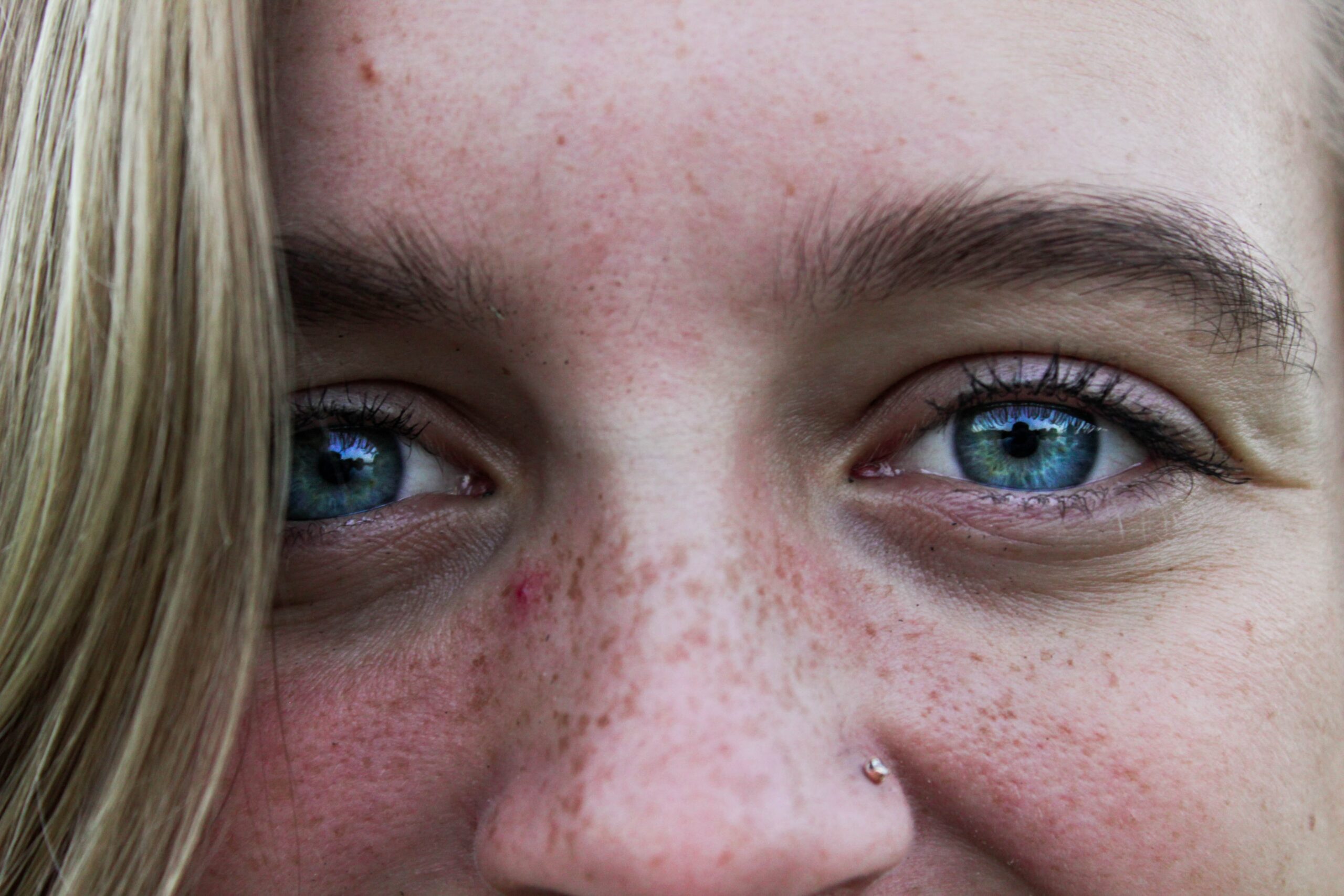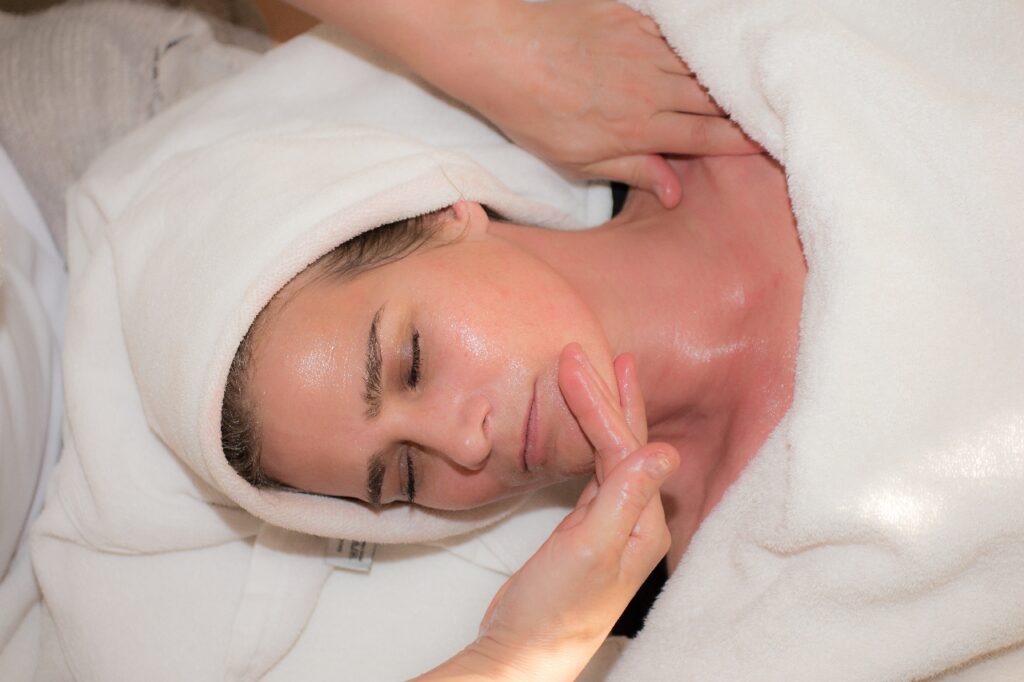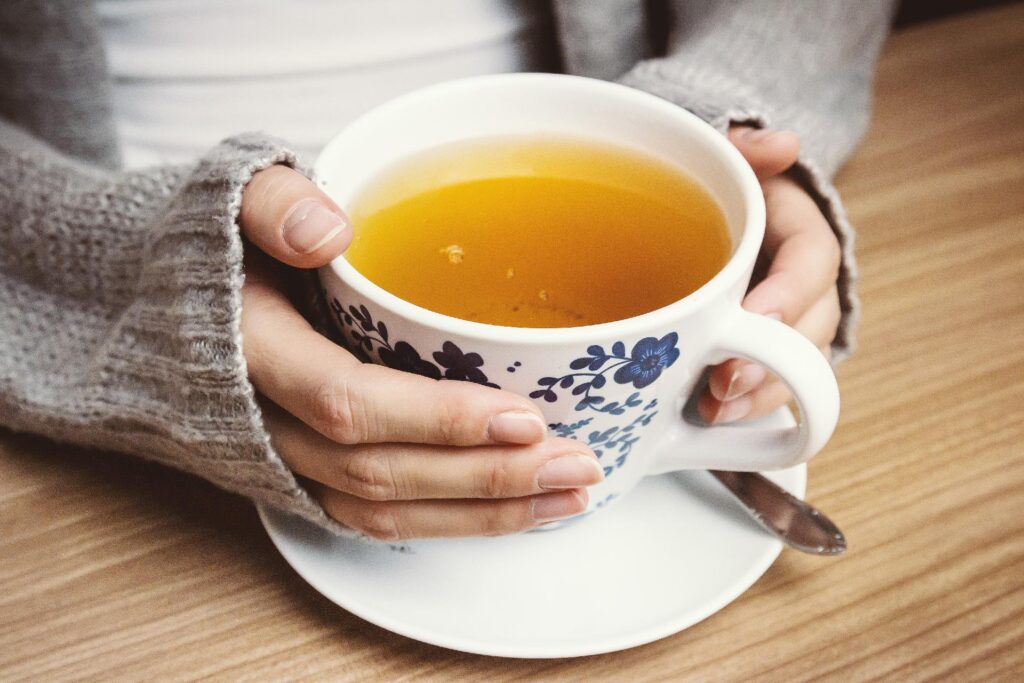Manuka honey, produced by bees that pollinate the Manuka bush native to New Zealand, has become a popular natural remedy for various ailments, including sore throats. A common symptom of colds, flu, and other illnesses, a sore throat can be both painful and irritating. Many people are now turning to Manuka honey for its potential soothing and healing properties in treating sore throats.
Thanks to its unique composition, Manuka honey is known to possess antibacterial, antiviral, and anti-inflammatory properties, which may aid in combating the symptoms associated with sore throats. The effectiveness of Manuka honey in providing relief for sore throats is attributed to these properties, making it a desirable option for many.
It is important, however, to carefully weigh the benefits of using Manuka honey when considering it as an option for treating sore throats and also to ensure its use is suitable for your specific condition.
In this article, we will explore the roles that Manuka honey can play in relieving sore throats, investigate its potential benefits, and discuss how to properly use it as a soothing remedy. Additionally, an FAQ section will be included to address common questions and concerns on this topic.
What is Manuka Honey?
I you haven’t already read my other posts on the site, Manuka honey is a unique type of honey that originates from New Zealand, produced by bees that collect nectar from the native Manuka bush (Leptospermum scoparium).
It has gained recognition and popularity due to its excellent antibacterial, antiviral, anti-inflammatory, and antioxidant properties. These characteristics make it a popular home remedy for various health ailments, including soothing a sore throat.
I use it regularly for skincare, staying healthy and love it.
What sets Manuka honey apart from other types of honey is its high concentration of methylglyoxal (MGO), a compound responsible for its exceptional antibacterial properties. The antibacterial quality of Manuka honey is typically measured using the Unique Manuka Factor (UMF) rating system, which represents the level of MGO present.
A higher UMF rating indicates a stronger potency and greater potential for therapeutic use.
Manuka honey’s benefits extend beyond just soothing a sore throat. It has been found to help in wound healing, oral health, treating ulcers, and even acne. Numerous scientific studies support these claims, further emphasizing the value of this natural remedy for health and healing purposes.
How Manuka Honey Helps a Sore Throat
Manuka honey’s ability to help relieve a sore throat can be attributed to its anti-bacterial and anti-inflammatory properties. The Cleveland Clinic states that research shows a decrease in Streptococcus mutans, a type of bacteria that causes sore throats, in people who use Manuka honey.
According to healthyy.net, the presence of methylglyoxal in Manuka honey gives it an antibacterial effect that can help treat a sore throat caused by bacterial infections. This same effect also makes it effective in treating strep throat.
Manuka honey’s anti-inflammatory effects play a significant role in alleviating sore throat symptoms.
Inflammation in the throat is a common cause of discomfort, and Manuka honey helps to reduce this inflammation, providing relief.
Another benefit of Manuka honey for sore throats is its ability to serve as a natural cough suppressant. The Mayo Clinic suggests that honey, in general, can be effective in reducing nighttime coughing. Drinking tea or warm lemon water mixed with Manuka honey can further soothe a sore throat.
It’s important to note that while Manuka honey shows promising results in providing relief from sore throats, individuals should still consult with a healthcare professional if symptoms persist or worsen.
Scientific Studies Supporting Its Use
Manuka honey has been researched extensively for its potential health benefits, including its potential to help soothe a sore throat. In a 2017 study, it was found that honey was effective in providing faster relief from the signs and symptoms of sore throat, with greater patient satisfaction[source]. This suggests that Manuka honey may be beneficial for helping alleviate discomfort and irritation caused by sore throats.
Research on Manuka honey with different Unique Manuka Factor (UMF) values has also demonstrated its medicinal properties, including potential benefits when used as a treatment for sore throats[source]. Its antibacterial properties can contribute to soothing irritation and inflammation in the throat, supporting recovery.
Moreover, a 2020 study showed promising results in understanding how Manuka honey can benefit the immune system[source]. By bolstering the immune system, Manuka honey could potentially help combat the underlying causes of sore throats, such as infections or viruses.
Despite the considerable research, it’s worth noting that Manuka honey may not be adequate for treating chronic coughs by itself[source]. However, its properties can still provide some relief from symptoms and may be beneficial when used in conjunction with other treatments.
How to Use Manuka Honey for Sore Throat Relief
Manuka honey is a natural remedy for sore throats, thanks to its antibacterial, antiviral, and anti-inflammatory properties [Healthline]. There are several ways to use Manuka honey to help alleviate discomfort and promote healing.
One popular method is to simply consume a teaspoon of Manuka honey, allowing it to coat your throat as you swallow. This helps to directly soothe irritation and provide temporary relief from sore throat pain.
Another effective way to use Manuka honey is by adding it to a warm beverage, such as tea or lemon water. Stir a teaspoon of Manuka honey into your drink, allowing it to dissolve [Autumn Damask]. The combination of Manuka honey’s antibacterial properties, the warmth of the drink, and the added benefits of lemon can help to alleviate sore throat discomfort.
Manuka honey can also be used as a homemade throat lozenge. Dissolve a tablespoon of Manuka honey in a small amount of warm water, then pour it into an ice cube tray and freeze. Once the honey mixture is frozen, you can pop one out and suck on it like a lozenge, allowing the anti-inflammatory properties of Manuka honey to help soothe your throat [Brixton Soup Kitchen].
In addition to these methods, always remember to stay hydrated and get plenty of rest to support your immune system and promote healing. While Manuka honey can provide temporary relief from sore throat symptoms, it’s important not to rely solely on it and consult a healthcare professional if your condition worsens or persists.
Cautions and Considerations
While Manuka honey has proven to be an effective remedy for sore throats, there are certain things to consider before using it as a treatment. One of the main concerns is the potential for an allergic reaction in individuals allergic to honey or bee-related products. Always consult a medical professional before trying a new treatment, especially if you have known allergies.
Though Manuka honey has antiviral, anti-inflammatory, and antioxidant benefits, it should not be solely relied upon to treat a sore throat caused by a severe bacterial infection. In such cases, it is important to seek professional medical advice and take prescribed medications as needed.
Manuka honey should not be given to infants under the age of 12 months due to the risk of infant botulism, which can result from consuming the spores of Clostridium botulinum bacteria present in honey. This risk remains even for honey with anti-bacterial properties like Manuka honey.
It is also essential to purchase genuine, high-quality Manuka honey from reputable sources. Manuka honey must have a Unique Manuka Factor (UMF) rating of at least 10+ to ensure its effectiveness in treating a sore throat. Cleveland Clinic highlights some of the benefits of Manuka honey, but it is crucial to select the right product for optimal results.
Lastly, remember that honey, Manuka or otherwise, is high in sugar content. Consuming honey in excessive amounts may lead to weight gain or other health concerns, especially for individuals with diabetes. Moderation is key when using Manuka honey for its medicinal properties.
Alternative Remedies for Sore Throats
While Manuka honey is known to provide relief for sore throats, there are various other remedies that can also help soothe the discomfort. The following are a few alternatives to consider:
Gargling with warm salt water: Gargling with a mixture of warm water and salt can help alleviate throat pain and reduce inflammation. Use about half a teaspoon of salt in one cup of warm water and gargle for a few seconds.
Warm liquids: Drinking warm liquids, such as herbal tea or warm water mixed with lemon and honey, can help in soothing sore throats. The warm fluids can help ease irritation and reduce inflammation. Medical News Today suggests mixing a tablespoon of honey with a cup of warm tea or water.
Soothing lozenges: Sucking on lozenges or throat drops can help provide relief by stimulating saliva production, which helps in keeping the throat moist and alleviating dryness and irritation.
Hydration: Staying well-hydrated is important in keeping your throat moist and reducing the severity of a sore throat. Drinking fluids like water, tea, and clear broth can help in maintaining overall hydration.
Humidifiers: Using a humidifier can help add moisture to the air and reduce irritation caused by dryness. The mayo clinic recommends using a cool-mist humidifier to add moisture to the air.
Remember to always consult a healthcare professional before trying any new remedies, especially if you already have existing medical conditions or if your symptoms persist despite trying these alternative treatments.
Conclusion
Manuka honey has been found to possess antibacterial, antiviral, anti-inflammatory, and antioxidant properties that can be beneficial for various health issues, including sore throats. Its unique component, methylglyoxal, gives it a broad anti-bacterial spectrum, making it effective against the bacteria responsible for sore throats, such as streptococcus pyogenes.
Consuming Manuka honey may help soothe a sore throat and ease the associated pain and inflammation. It can be taken by adults in small amounts, such as a spoonful or diluted in warm water, as suggested by the Cleveland Clinic.
I just need to say again, while Manuka honey has shown promise as a natural remedy for sore throats, it is essential to remember that it may not work for everyone, and should not be considered a replacement for professional medical advice or treatment.
Always consult a healthcare professional if symptoms persist or worsen.








